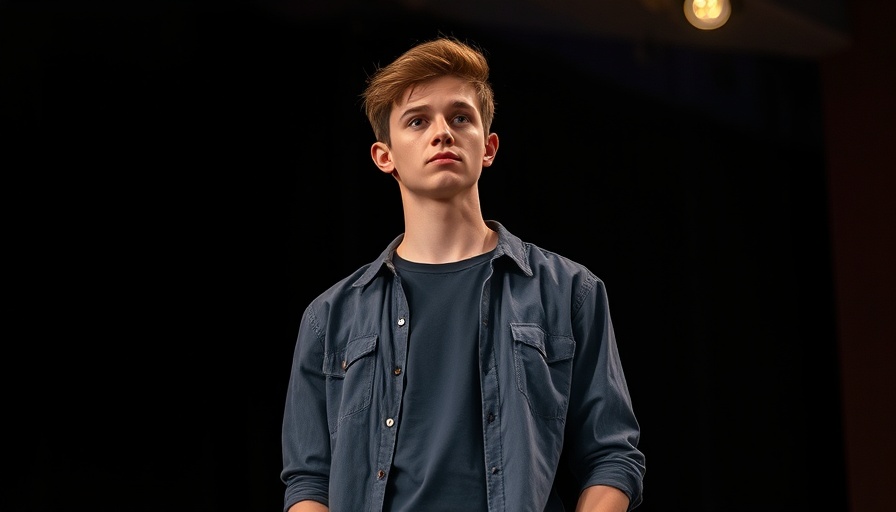
Understanding Forgiveness Beyond the Ego
The concept of forgiveness can be a complex and often misunderstood idea, especially in the context of personal healing and consciousness. As discussed in the video "Let go & DON'T Forgive...", the notion raised is quite radical: you don't really have to forgive. This perspective can feel triggering, as many believe forgiveness is essential to emotional wellness.
In 'Let go & DON'T Forgive...', the discussion dives into the complexities of forgiveness and consciousness, exploring key insights that sparked deeper analysis on our end.
Forgiveness as Awareness
What this viewpoint promotes is a shift from traditional forgiveness, which often centers around an emotional release towards an understanding of unconscious behavior. When someone harms us, the act does not stem from their higher self but rather from a place of disconnection—a separated ego. Recognizing this separation allows for a transformative approach: instead of forgiving the person as a whole, one forgives the unconsciousness that drives their actions. It opens a pathway to compassion rather than resentment.
The Healing Power of Letting Go
Letting go, as stated in the video, does not mean you condone the hurtful actions; rather, it provides freedom from the burden of holding onto that pain. Cognitive awareness and emotional intelligence are key tools in this process. It invites an understanding of the broader context behind human behavior, encouraging not just individual healing but also fostering empathy towards others.
A Shift in Perspective
Choosing to let go and not engage in traditional forgiveness demands a significant shift in perspective. It requires us to confront our emotions directly and examine our expectations of forgiveness. This can often lead to profound personal growth and insight, freeing us from cycles of anger and disappointment.
In conclusion, the idea of letting go without necessarily forgiving invites a new approach to emotional healing. It encourages individuals to focus on their journey towards consciousness and awareness rather than remaining trapped in the narrative of their pain. As we navigate relationships, understanding that unconscious behavior drives actions can nurture kindness and help build healthier connections in the future.



Write A Comment